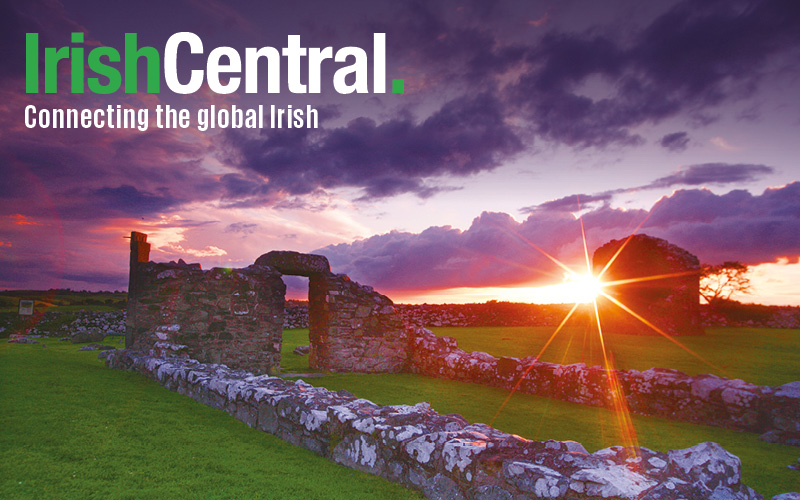| Fianna Fáil leader Michael Martin |
The poll is the third such set of findings this month that show what few would have forecast at the dreary culmination of Brian Cowen's disastrous tenure in office: that come the next General Election in 2016, voters may be prepared to put the Republican Party back in power.
In fact that dramatic turnaround of luck may take shape even sooner than that, with local government elections set to take place next year.
Party insiders say that the local government votes are anticipated as a useful yardstick measure as to how the party will shape up at national level if initiatives designed at re-establishing contact with disaffected local communities continue to bear political fruit.
Last weekend's encouraging statistics came as definitive proof for party sympathizers and detractors alike that Fianna Fáil's political recovery is well and truly underway: "the Fianna Fáil recovery is now unchallengeable," the editor of one of Ireland's news publication was quoted as saying over the weekend.
And while the pollsters' findings will come as cheery news for veteran party leader Michael Martin, they will make altogether more unsettling reading for Fine Gael chief Enda Kenny, whose party backbenchers are apparently growing increasingly concerned over what appears to be a sustained dip in political fortunes for the main coalition power.
Kenny's image as a suave operator piloting Ireland through choppy economic waters is taking a major dent as Ireland's economic woes continue practically unabated, while macro economic issues such as endemic youth emigration remain largely unsolved.
The Fine Gael doyen's appearance on the cover of Time Magazine's Europe Edition - in an article describing what was enthusiastically dubbed the 'Celtic Comeback' - may well have marked the zenith of his popularity, although the government's management of The Gathering tourism project, to take place this year, may yet draw plaudits if it proves a success.
What remains beyond doubt, however, is that Fianna Fail and Fine Gael remain practically neck to neck in the upcoming battle for Irish votes, and the next election is liable to swing either way decades before even the most cautious political forecasters would have foreseen it.
A previous poll, conducted by rival agency Millward Brown, had put the party ahead of Fine Gael, but when undecided voters were excluded in the Red C methodology, that narrow margin seems to have evaporated.
The poll's findings also make dismal reading for Labour supporters -- the smaller fraction of the current coalition whose input has generally been viewed as ineffective and outshone by Fine Gael.
The party has occupied some of the more lackluster performing parts of the Irish cabinet since coming to power: Eamonn Gilmore as Deputy Prime Minister and Minister for Foreign Affairs has been timid, while education chief Ruairí Quinn has been forced to renege on a key fees pledge to key Irish third level education afloat.
The party captured just 13% of general preference in the Sunday Independent poll - lagging behind the Independents catch-all at 16% and Sinn Féin at 20%.




Comments